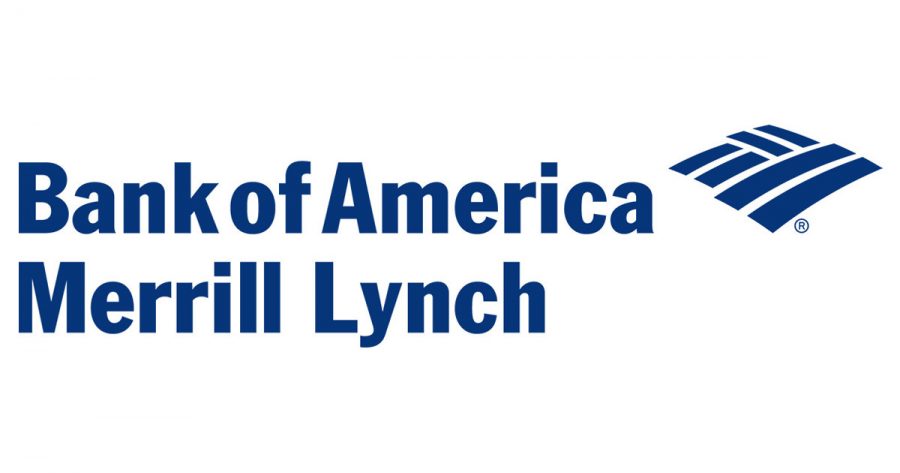Merrill Lynch initiates cannabis sector coverage and predicts more cross-border deals
“There are over 50 publicly traded Canadian cannabis licensed producers, far too many for a cannabis market the size of Canada’s, in our view,” reads the report
Bank of America Merrill Lynch recently amplified its interest in the legal cannabis industry after it released a report that predicts two significant events likely to cause a paradigm shift: an end to federal prohibition in the U.S. and cannabis oversupply issues by 2021.
“Importantly, whether legalization occurs or not, we think the prospect of legalization, an event which could lift U.S. asset prices, prompts Canadian companies to accelerate U.S. strategies, and see some announcing deals in the U.S. before legalization,” reads the report by analyst Chris Carey.
Less than a year has passed since the financial institution provided financing for Constellation’s multibillion-dollar investment in Canada’s Canopy Growth. The report was released a day prior to Canopy’s announcement that it would be purchasing New York-based Acreage Holdings for $3.4 billion. However, the deal won’t be executed until U.S. legalization unfurls on a federal level.
It would be much more difficult to justify the high valuations of “Canada only” industry players if the U.S. were to legalize medical cannabis at the federal level, says Carey. Currently, Canadian companies trading on the Toronto Stock Exchange can legally enter the U.S. via ownership structures that do not effectuate until the federal government changes its stance on cannabis prohibition in the States.
‘International strategy now critical’ says Bank of America Merrill Lynch
Domestic market consumption in the year 2021 is expected to be less than the combined market share of the 14 largest Canadian cannabis cultivators, according to the Merrill Lynch cannabis report.
With that in mind, international strategies are becoming increasingly important, considering the small size of Canada’s cannabis industry in comparison with global opportunities. Moreover, oversupply issues would likely cause prices to plummet in Canada, thus further straining the Canadian cannabis industry financially.
“There are over 50 publicly traded Canadian cannabis licensed producers, far too many for a cannabis market the size of Canada’s, in our view,” according to the report.
Headquartered in Charlotte, North Carolina, Bank of America Merrill Lynch predicts that “a global $166 billion industry is emerging from the shadows.” What’s more, the U.S. cannabis market accounts for 34 percent of the total addressable global weed market.
Europe trails behind at 25 percent, followed closely by Asia at 21 percent. Comprising the rest of the total addressable global weed market is Africa at nine percent, Latin America at six percent and Oceania at two percent. Regulated and illicit markets are included in the total addressable market share.
Canada accounts for only three percent of the market; the main motive for Canadian cannabis companies seeking out international expansion.
“We expect the illicit market to lose share to the legal market in North America, but the rest of the world will remain dominated by an illicit market,” Carey wrote, adding that the bank estimates that “consumer categories generating $2.6 trillion per year in revenue could be disrupted by cannabis, from health/wellness to alcohol.”
Global developments in the medical cannabis industry
The report described the U.S. Food and Drug Administration’s approval of cannabis-based epilepsy medication Epidiolex as “an important step” on the journey to medical cannabis legalization.
“A second critical development for the medical cannabis sector is happening on a global basis,” Carey wrote.
He made a point of discussing the rescheduling of cannabis, which was recommended by the World Health Organization (WHO) in January of this year. The suggested rescheduling of cannabis would eliminate it from Schedule IV of the 1961 convention on drug control and shift it to a category much less restrictive.
Carey also touched upon the European parliament’s prompt for a uniform definition of medical cannabis back in February, highlighting this as another crucial development for the cannabis industry.










Cheapessaywritingservice • May 3, 2019 at 10:56 am
Thanks for the article post.Really thank you! Great.